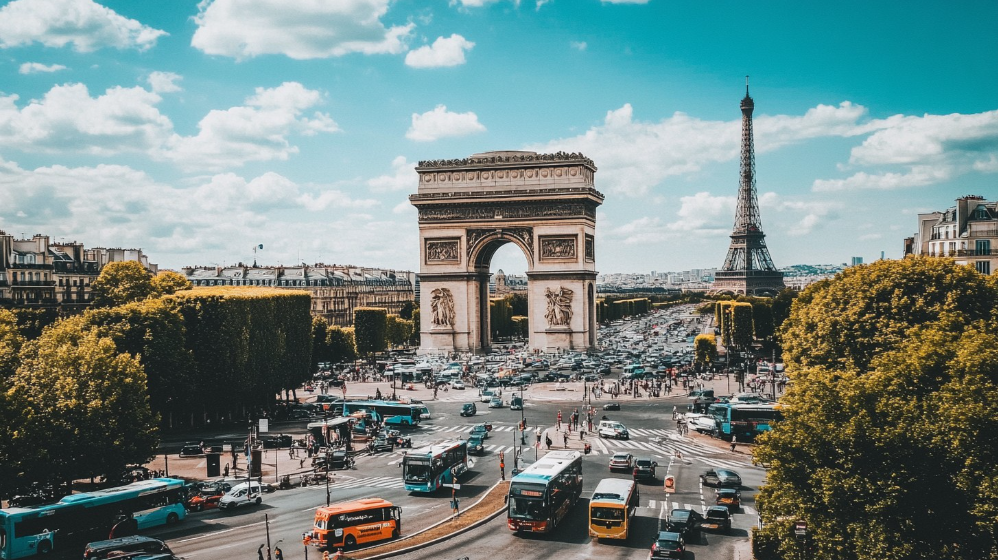At a crucial meeting in Paris on February 13, 20 regional and Western nations committed to supporting Syria’s ongoing transition after the recent overthrow of President Bashar al-Assad. The gathering, which included representatives from Saudi Arabia, Turkey, Lebanon, and several Western powers, focused on ensuring Syria’s stability and sovereignty during its post-Assad recovery.
Syrian Foreign Minister Asaad Hassan al-Shibani led the delegation, marking the first visit by a Syrian official to the European Union since the regime change. Although al-Shibani did not speak publicly, the meeting underscored the international community’s resolve to guide Syria through its delicate transition.
French Foreign Minister Jean-Noel Barrot emphasized that Syria’s future should not destabilize the region but instead focus on recovery and stability. “We want Syria to stop being used to destabilize the region. On the contrary, we want the Syrians to focus today on the success of the transition,” he stated.
A joint statement from the participating nations, which included both Arab and Western states but excluded the U.S. due to ongoing policy deliberations, committed to aiding Syria’s transition through a process that is “Syrian-led and Syria-owned” in accordance with U.N. Security Council Resolution 2254. The statement also outlined the goal of preventing terrorist groups from regaining a foothold in the country.
One of the central issues discussed was the potential lifting of sanctions that had been imposed during Assad’s brutal regime. The European Union had agreed in principle to lift sanctions but faced opposition from Greece and Cyprus, who raised concerns over maritime boundary discussions between Syria and Turkey that also affect their own territorial waters. Despite the pushback, there is hope for a compromise on sanctions in the coming weeks.
The conference did not focus on fundraising, which will be addressed at an upcoming pledging conference in Brussels on March 17. However, it did pave the way for the establishment of a working group under U.N. auspices to coordinate international efforts to support Syria’s humanitarian needs, particularly in the northeast, where U.S. aid cuts have had a devastating impact.
The Paris meeting marked a significant step toward rebuilding Syria’s future, with international powers rallying around the goal of a peaceful, stable, and sovereign Syria.



